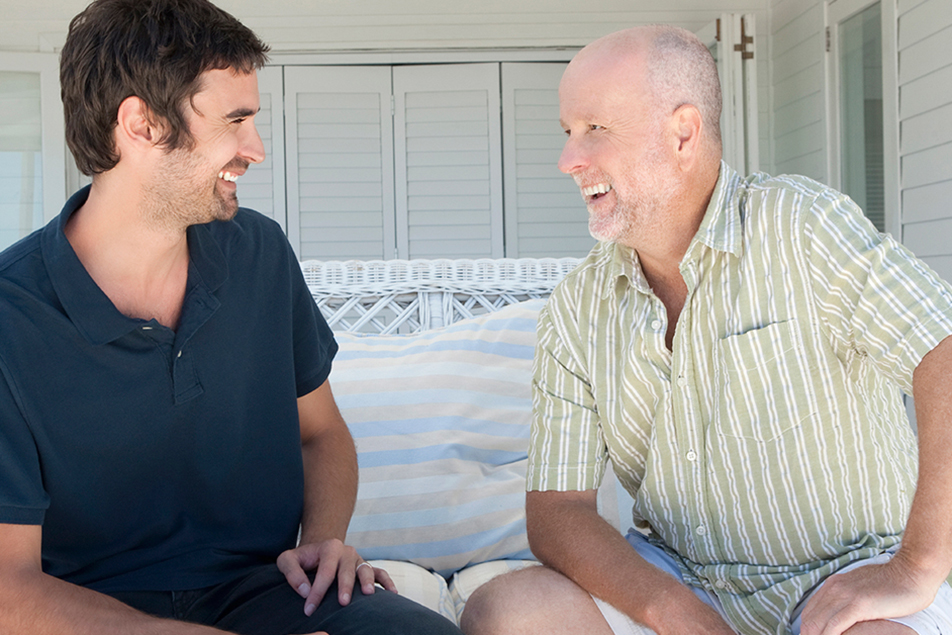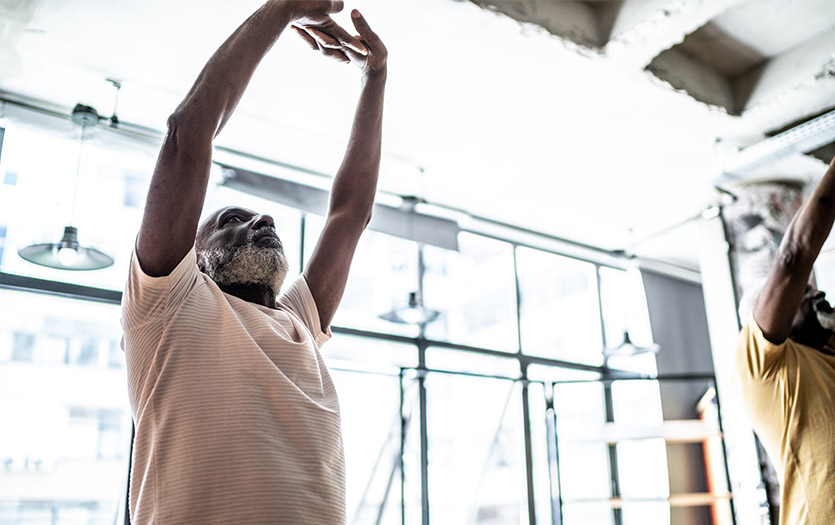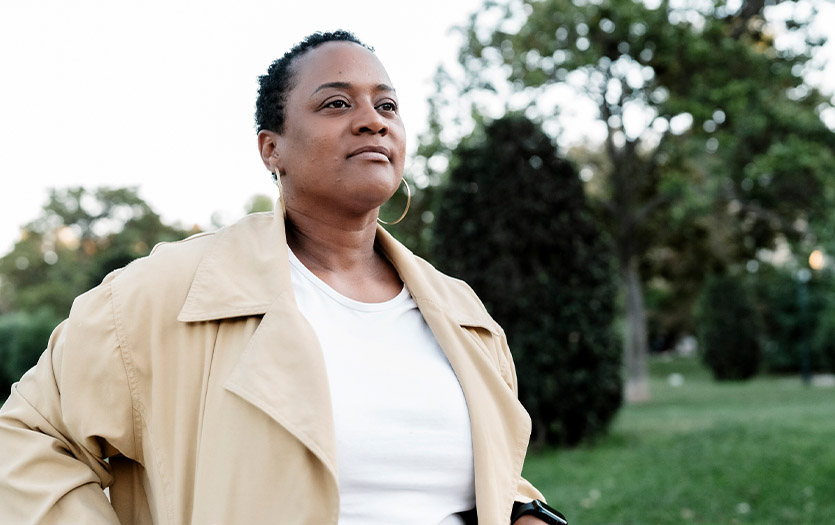
When you or a loved one suffers a stroke, it can be overwhelming to think about the path ahead. If there’s one thing the care team at Parkview wants you to know, it’s that the recovery process is unique for anyone who has experienced a stroke.
The next steps in the recovery process for a stroke patient after their hospital stay is typically to complete intensive therapy at an inpatient rehabilitation unit, followed by outpatient therapy. Support groups are another way to help patients and their families through the recovery process after a stroke.
Rehabilitation.
“All stroke patients are assessed during their hospital stay to determine if rehabilitation therapies will be beneficial to their recovery,” Madav Bhat, MD, neurologist, Fort Wayne Neurological Center said. “Studies have shown that patients who participate in intense rehabilitation therapies achieve greater recovery when they are cared for by skilled therapists in an inpatient rehabilitation setting.”
Depending on the seriousness of a stroke, you or your loved one may need to relearn skills and/or learn new ways to perform everyday activities relating to:
- Walking and stairs
- Talking and writing
- Dressing and bathing
- Memory and decision-making
- Cooking and eating
- Driving
Parkview Rehabilitation Center, located at Parkview Hospital Randallia, has rehabilitation nurses and therapists dedicated to helping patients recover from a wide range of conditions, including stroke, spinal cord injury and traumatic brain injury. The unit serves patients age 6 and older.
To assist in recovery, patients attend a series of classes taught by various members of the rehabilitation team. Topics include: stroke risk factors, prevention, nutrition, safety, identification of depression, stress relief measures and many other subjects. Family members are encouraged to attend as well.
“The Parkview Rehabilitation Center has proven success," according to Dr. Bhat. "Nearly 80 percent of stroke patients treated within this setting met their long-term recovery goals in 2013. Meaning they achieved the fullest recovery possible after their stroke.”
Support groups.
Parkview hosts two support groups facilitated by Lynn Wilton, MS, RN, clinical nurse specialist, Stroke Center, and Elizabeth Guevara, occupational therapy assistant, Inpatient Rehabilitation. All loved ones, patients and caregivers are invited and encouraged to attend.
Ischemic Stroke
The Stroke Support Group focuses on enriching the lives of people affected by stroke through:
- Educational presentations by guest speakers
- Social activities
- Group discussions
- Problem-solving to address some everyday challenges
When: Meets the first Wednesday of each month
Time: 6–8 p.m.
Location: Parkview Regional Medical Center
11109 Parkview Plaza Dr., Entrance 1
Conference Room A
(260) 266-4172
Hemorrhagic Stroke
The Brain Aneurysm, Stroke and AVM Support Group focuses on enriching the lives of people affected by an aneurysm, stroke or an AVM (Arteriovenus Malformation) by enabling them to participate in:
- Educational presentations by guest speakers
- Group discussions
- Problem-solving to address everyday challenges
- Support from others and opportunities to share personal stories
When: meets the third Wednesday of each month
Time: 6–8 p.m.
Location: Parkview Regional Medical Center
11109 Parkview Plaza Dr., Entrance 1
“The group is excellent,” Tony Cayot, an attendee of more than 10 years, said. “It’s really important for the caregivers to come in and talk, too. They can better understand stroke and how to communicate.”
Tony suffered a hemorrhagic stroke in November 2003, which left him in a coma until May 7, 2004. Since beginning his rehabilitation and regularly attending the support group, he is now living entirely independently, crafting wooden patio furniture and working out at the Parkview Fitness Center three times a week. “The group helps us learn about ways to continue our therapy at home and educates you on things like diet and exercise.”
For more on these programs, contact Lynn Wilton at (260) 266-1452.



